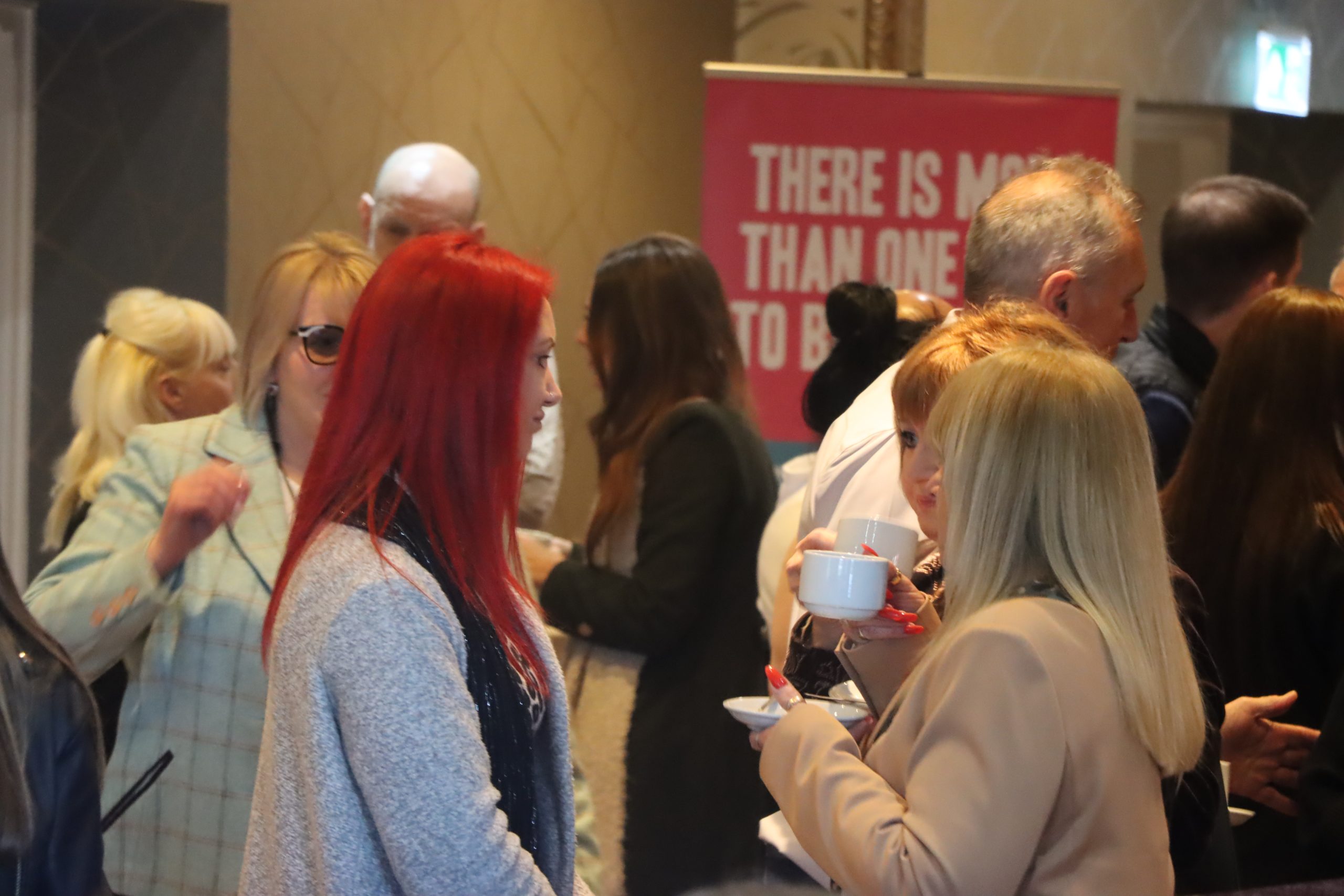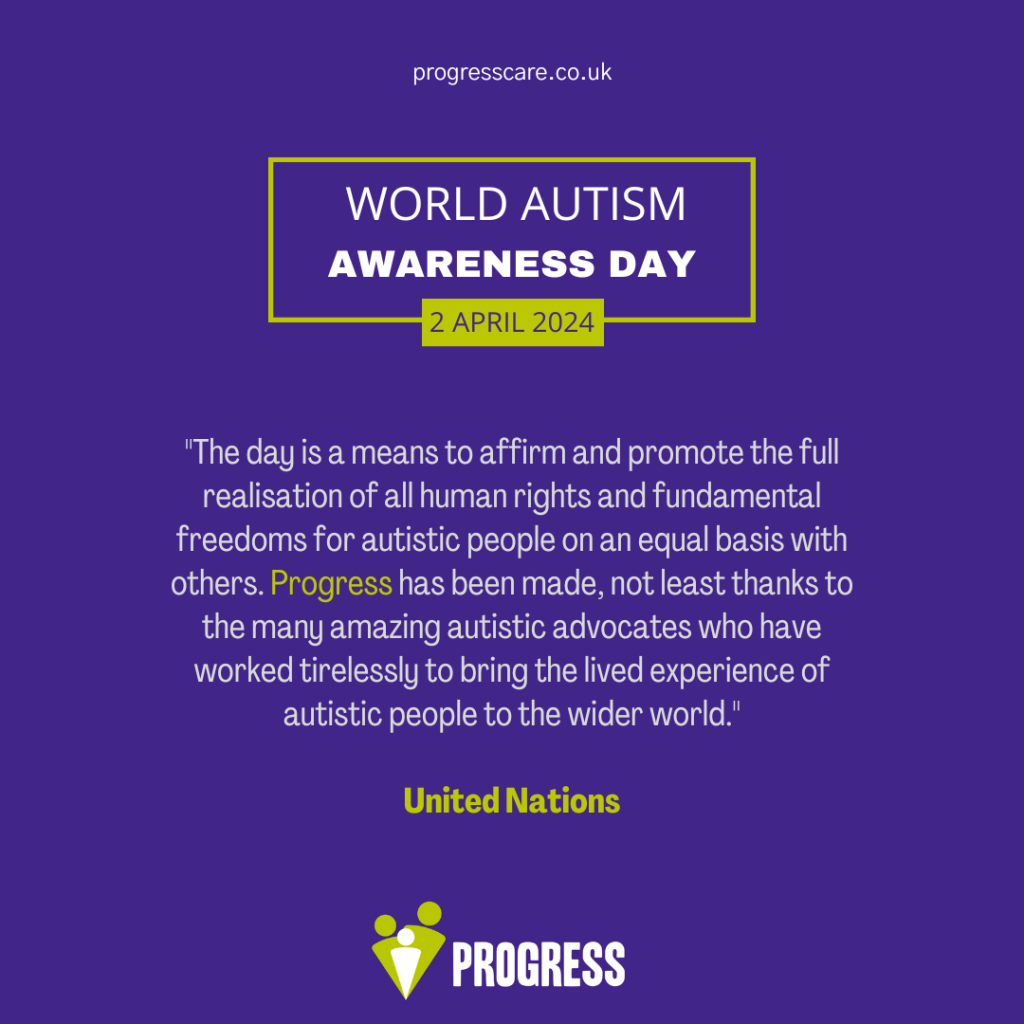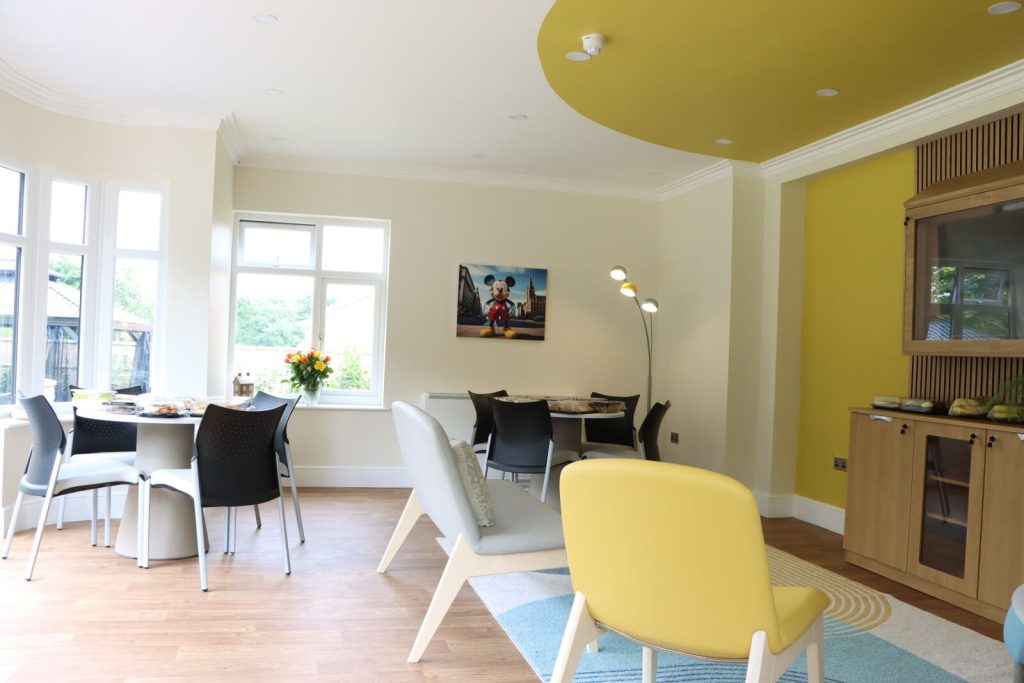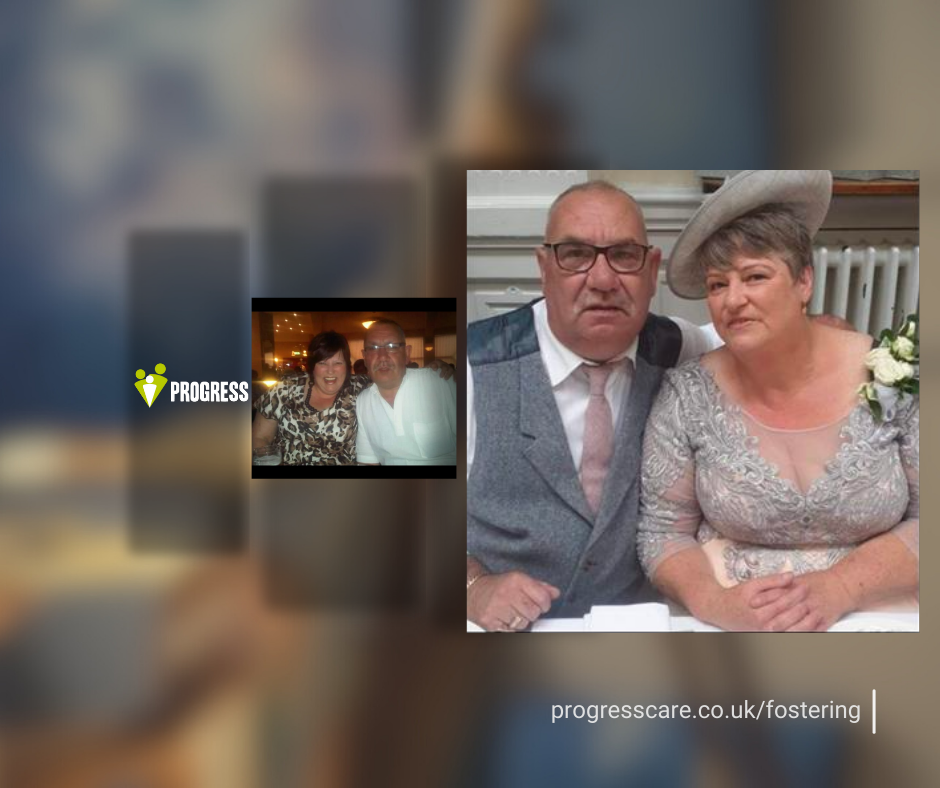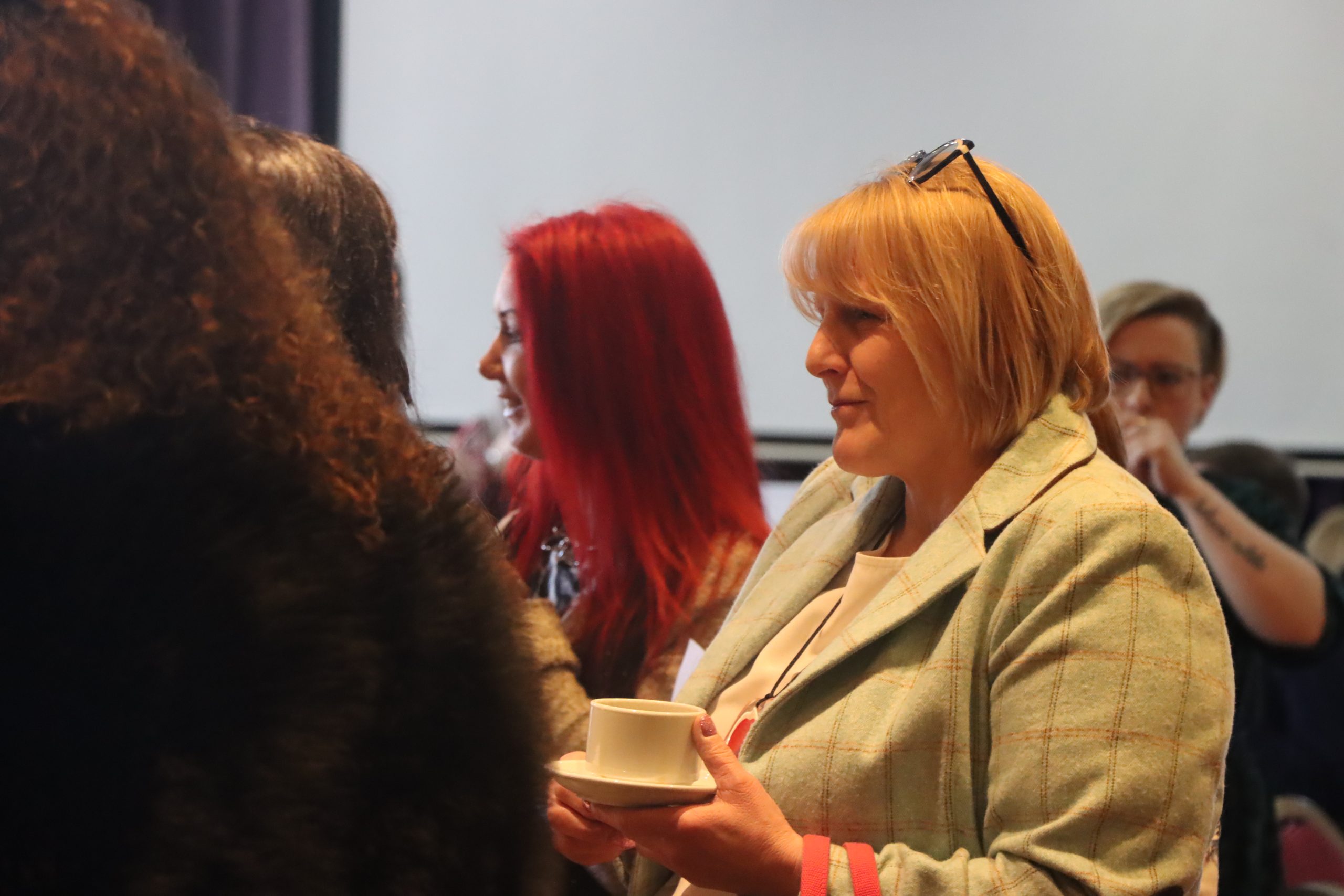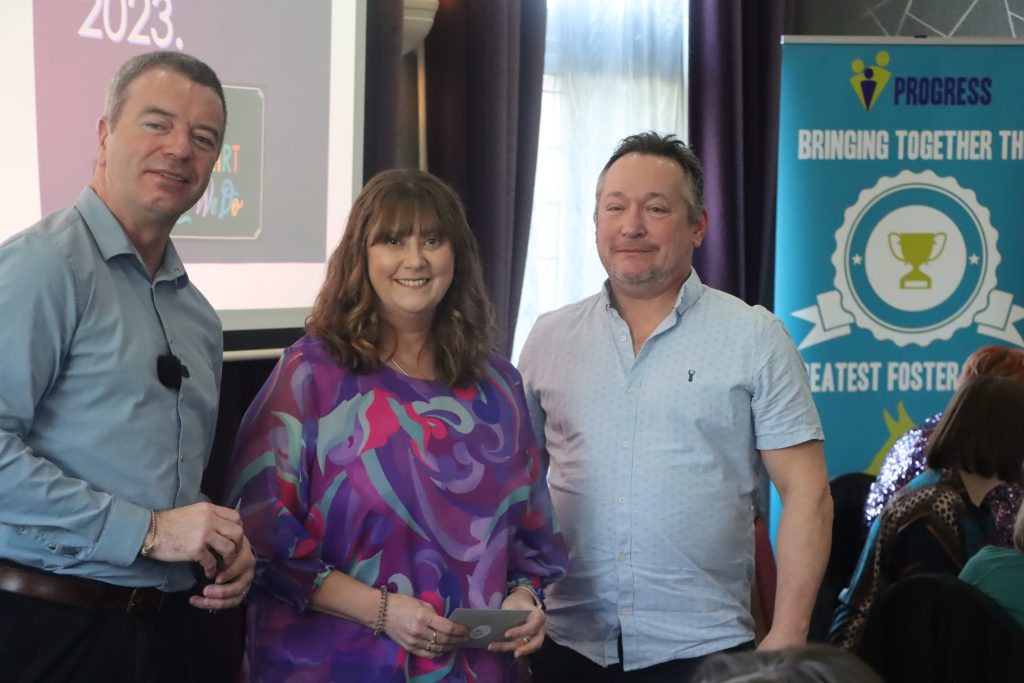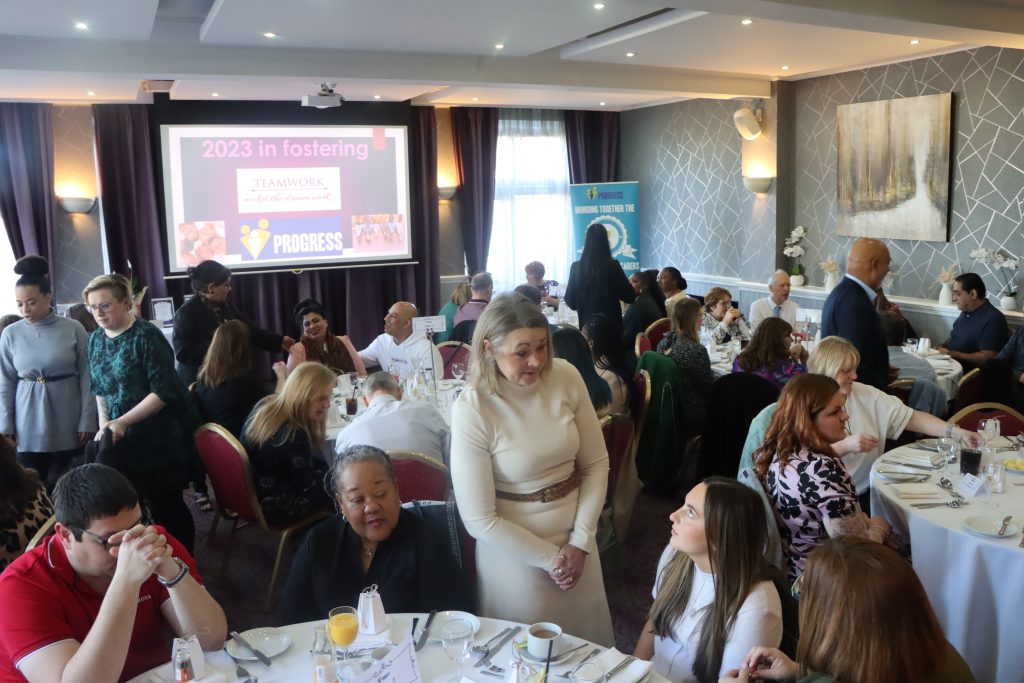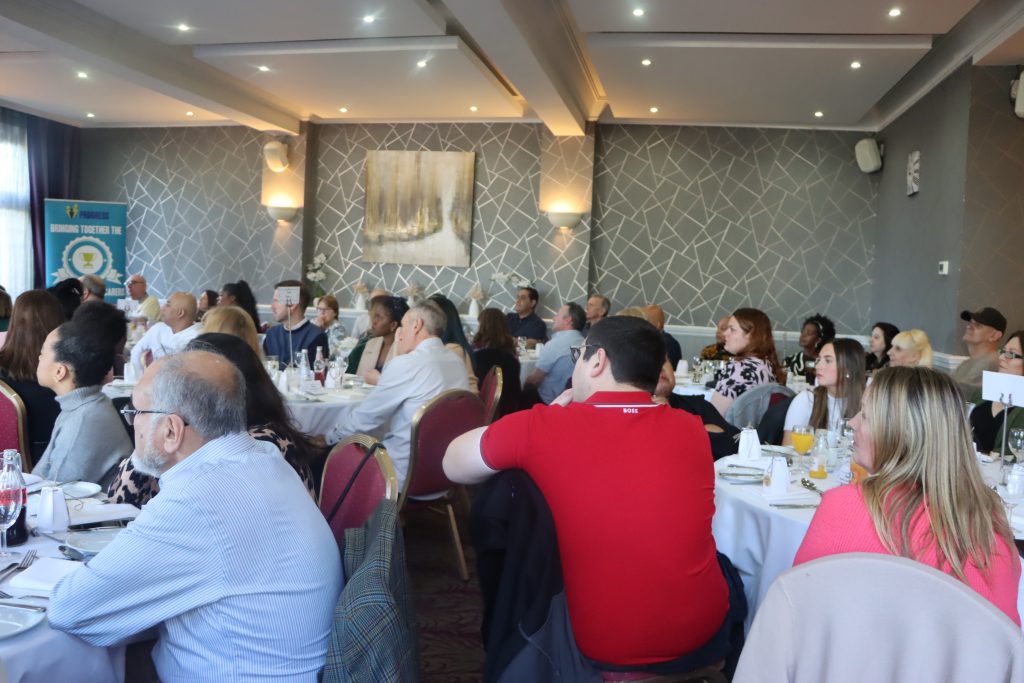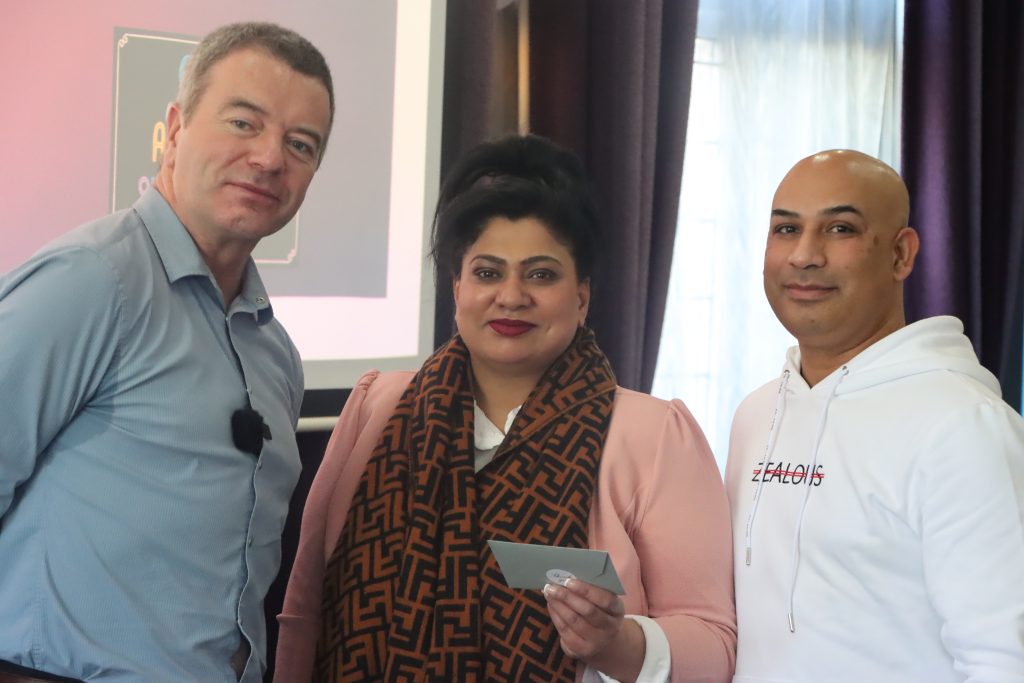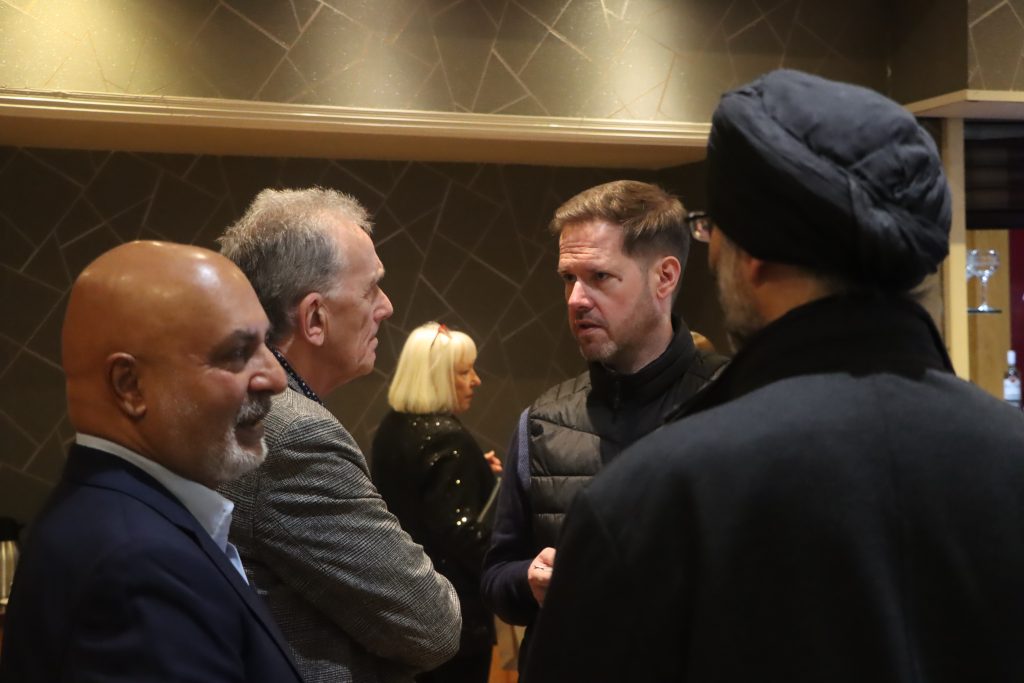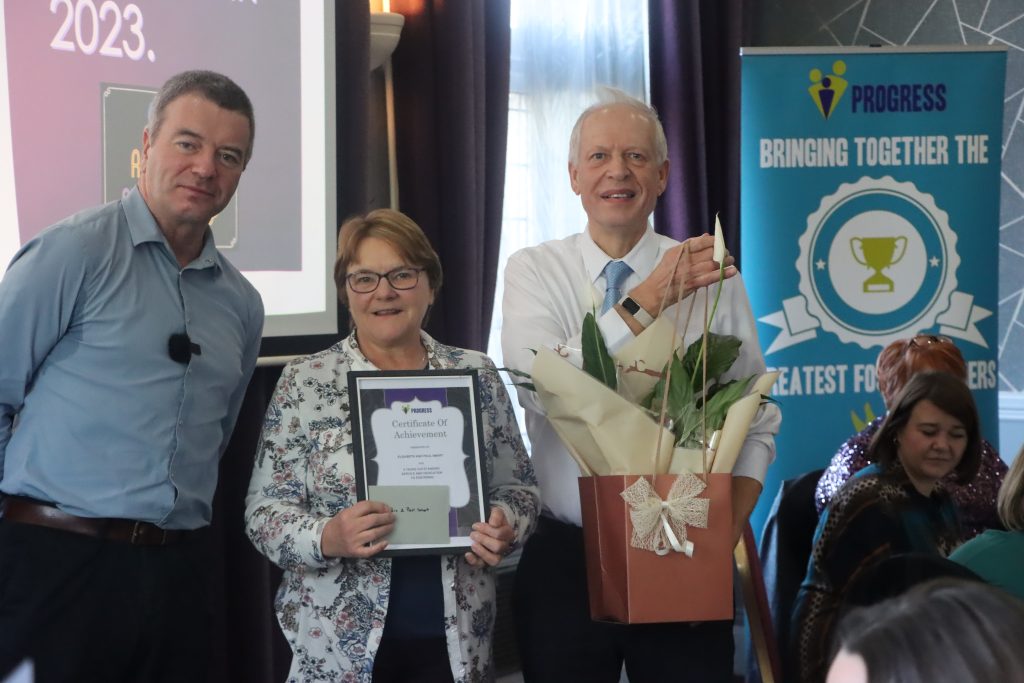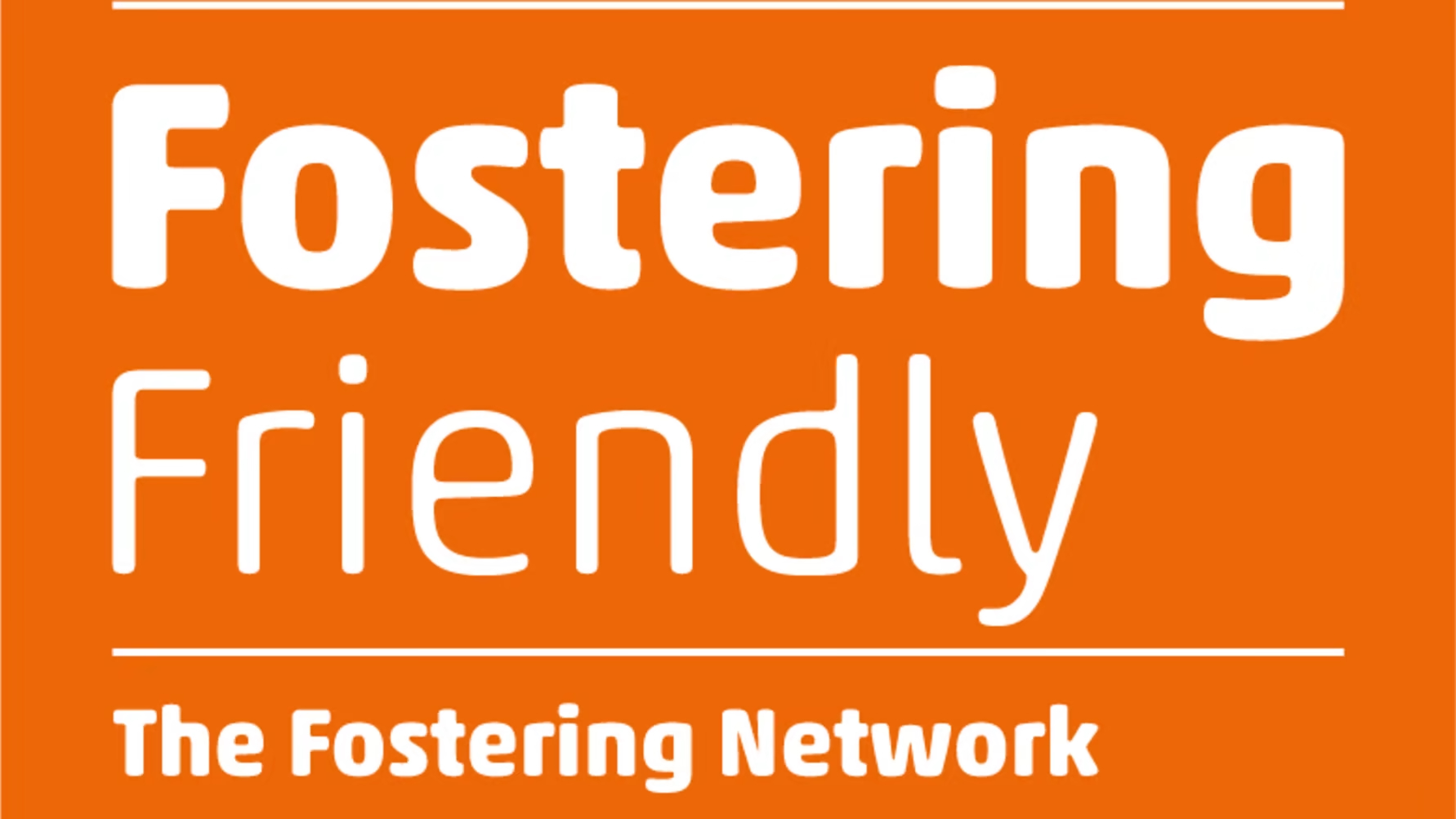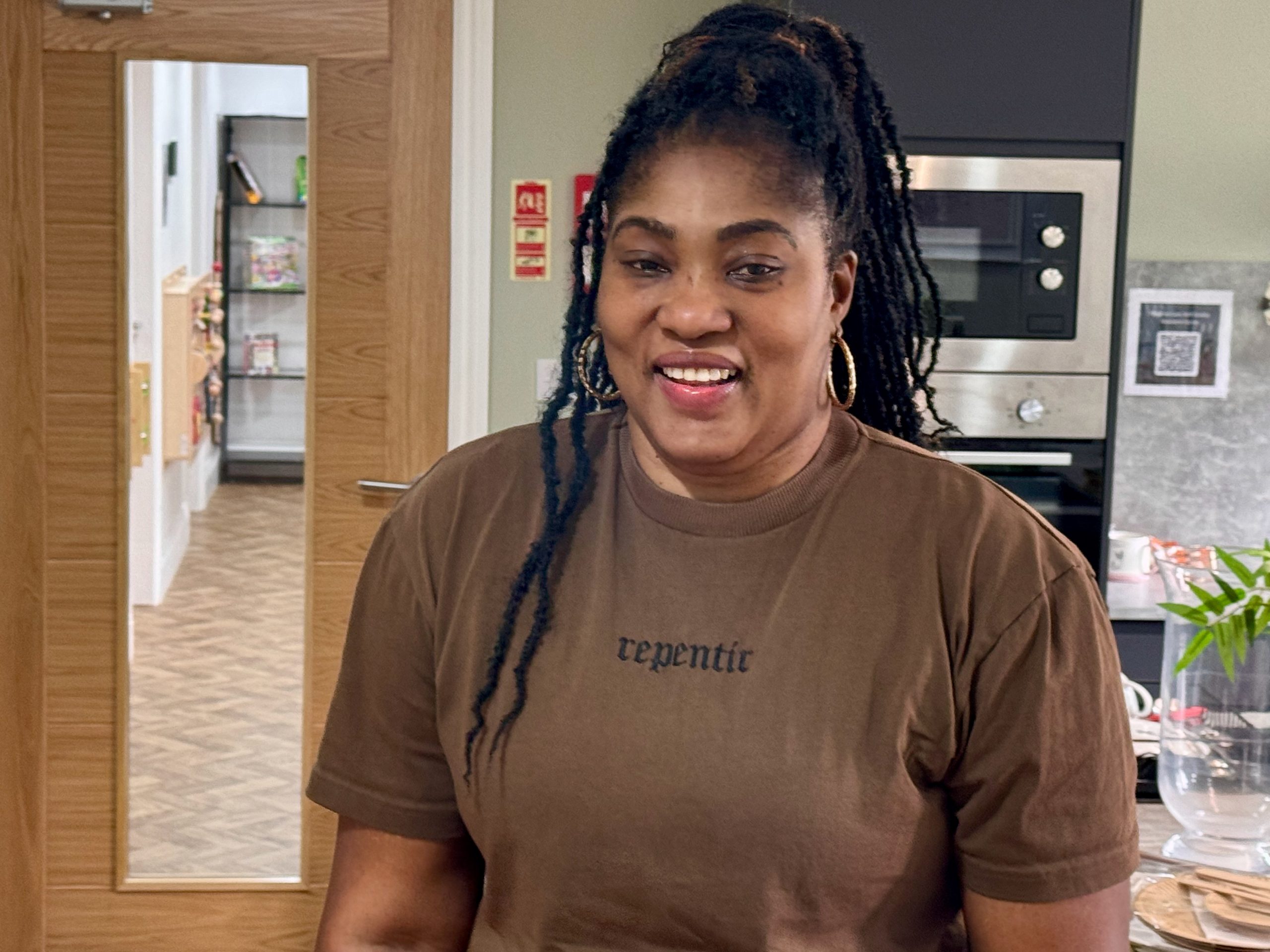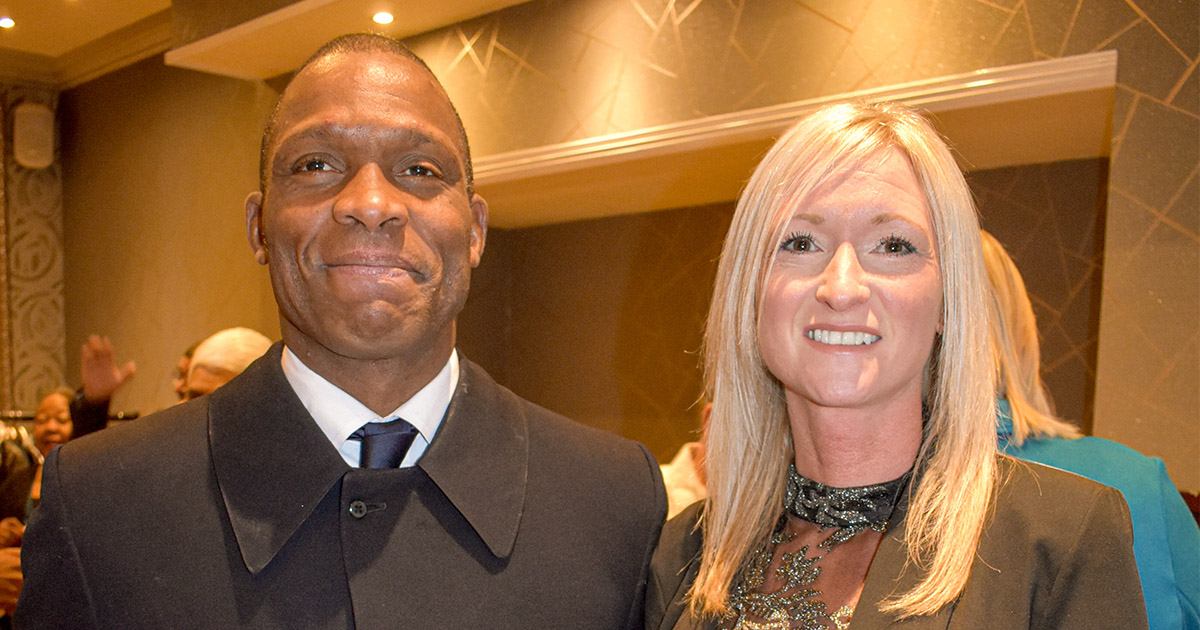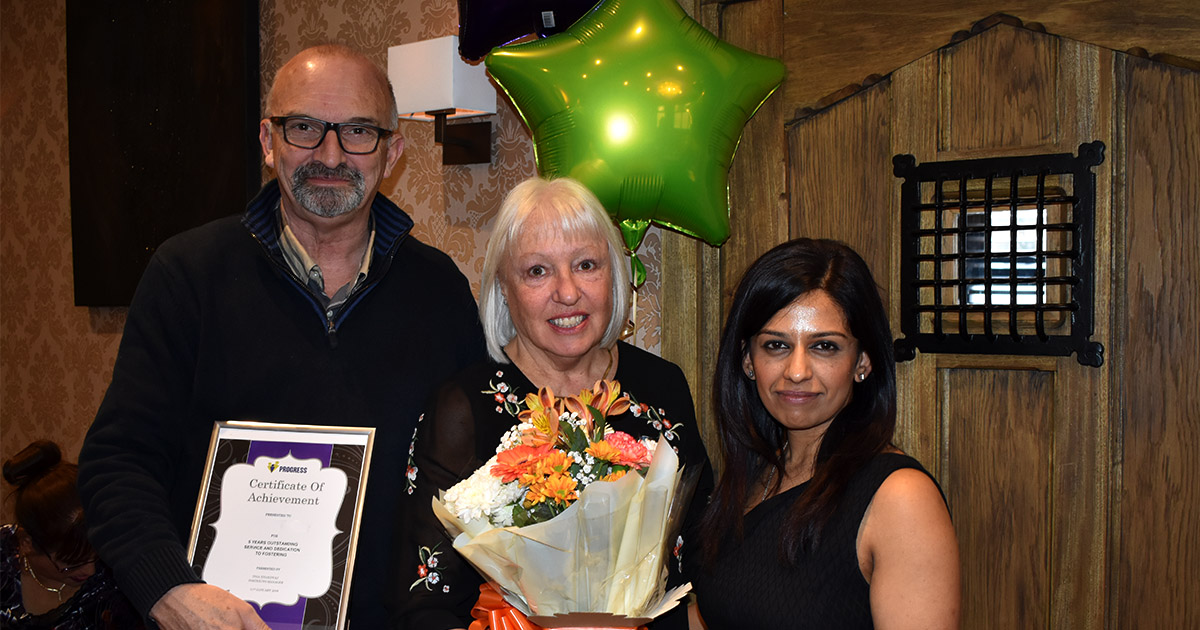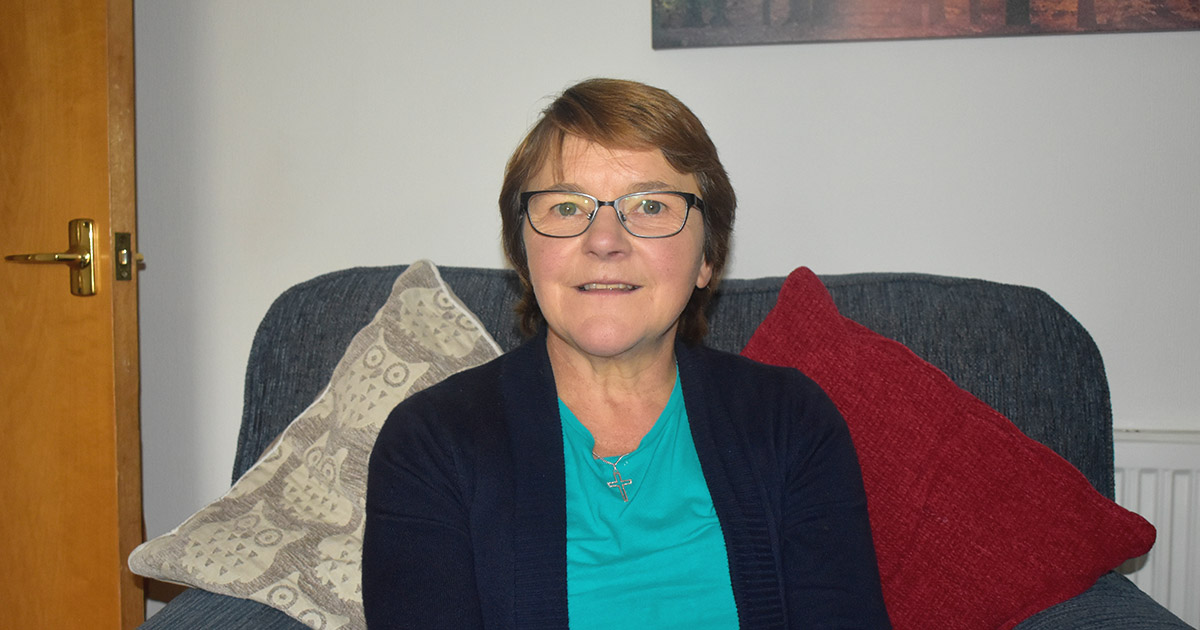As Foster Care Fortnight 2024 officially kicks off today, Progress Fostering Service, an outstanding division of Progress Children’s Services, takes immense pride in celebrating the dedication and impact of our remarkable foster carers. This significant event, running from May 13th to May 26th, is a testament to the profound role foster carers play in transforming the lives of vulnerable children and young people across and beyond the Midlands.
At Progress Fostering Service, fostering isn’t just a service; it’s our passion and commitment to providing safe, nurturing homes where children can thrive. We are honoured to recognise the outstanding contributions of our foster carers who embody compassion, resilience, and unwavering support for the children in their care.
Phil O’Brien, Registered Manager of the Fostering Service at Progress Children’s Services, emphasised the significance of Foster Care Fortnight: “This fortnight is a special occasion to shine a light on the incredible work of our foster carers. They truly are unsung heroes, offering stability and love to children who need it the most.”
Tina Bhardwaj, Head of Children’s Services at Progress, added, “Foster Care Fortnight allows us to showcase the critical importance of fostering and the positive impact it has on vulnerable young people. Our foster carers exemplify the values we hold dearly at Progress: care, trust, respect and progress, and the belief that every child deserves a nurturing home.”
Bal Dhanoa, CEO of Progress, echoed these sentiments, stating, “We are immensely proud of our Ofsted-rated outstanding fostering service. This recognition reflects our unwavering commitment to providing the highest standards of care and support to both our foster carers and the children entrusted to us.”
As we celebrate Foster Care Fortnight, we invite individuals and families in the Midlands who are interested in fostering to join us. Together, we can make a profound difference in the lives of children and young people in need of stability and care.
To learn more about fostering with Progress Fostering Service and how you can become a foster carer, please visit progresscare.co.uk/fostering or contact us directly at 01902 561066.
Let us continue to champion the extraordinary efforts of our foster carers and advocate for the transformative power of fostering in our communities.




